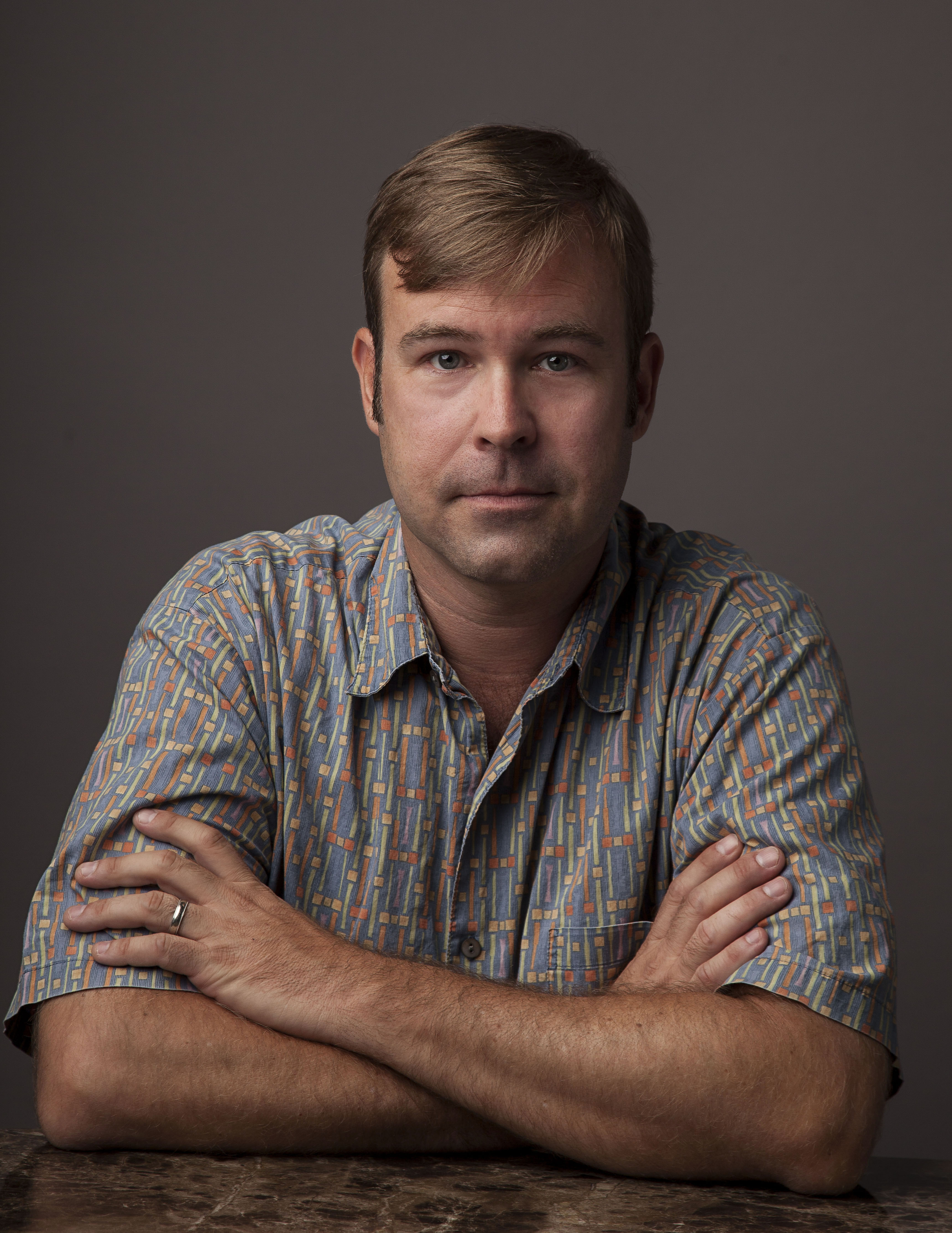Israeli, Palestinian conflict discussion
This time, there was no name calling, no death threats
and not even a sense of irreconcilability between two sides that have been at odds, to say the least, for over 50 years. Even as the violence continues between Israelis and Palestinians on a daily basis, there was at least some hope expressed on Friday that sustainable peace may be possible.
As part of the World Affairs Council of Oregon’s weekly “Great Decisions 2002” speaker series, Zaha Hassan of Americans United for Palestinian Human Rights, and Rabbi Joe E. Wolf of the Congregation of Havurah Shalom, each presented their thoughts and perspectives on the Israeli-Palestinian conflict and the possibilities for a peaceful resolution.
Hassan, an American of Palestinian descent who is also a member of the National Lawyers’ Guild, began the lecture by discussing the United States’ involvement in Israel. Initially a humanitarian effort to relocate Jewish survivors of the Holocaust after World War II, the establishment of a Jewish state in Palestine resulted in the mass displacement of Palestinians living in that area. Before the Arab-Israeli war that ensued after the resolution, Palestinians consisted of 70 percent of the population of historic Palestine and owned 94 percent of the land; after, they consisted of less than 22 percent and owned less than 50 percent of the land, with even lower figures today.
U.S. unilateral support for Israel, Hassan argued, is evident in its recognition of Palestinians only as “Arab refugees” until 1967, and the consideration of their situation as merely a “humanitarian problem.” It also was not until 1990, she added, that the United States even recognized a Palestinian perspective to the ongoing conflict, as then Secretary of State James Baker was the first high-ranking U.S. official to meet with Palestinian leaders.
Hassan attributed this to two main issues: “Cold War realities” and “access to politicians.” The United States saw Israel as an ally to contain the spread of communist ideology in the Middle East. Even after the demise of the Soviet Union, Israel was seen as a bastion of stability in a politically unstable region, where the Palestinians are automatically perceived as part of the Islamic radical problem.
Also, she cited the direct access to government of powerful lobbying groups such as the American-Israeli Political Action Committee, influential throughout Congress. A local example can be seen with Oregon’s own Senator Gordon Smith, who is one of the highest recipients of APAC money and who also serves on the Senate Subcommittee For Near East Policy. Hassan also detailed the State Department access of the Washington Institute of Near East Policy, a pro-Israeli think tank founded by an APAC official with close ties to former President Clinton. Dennis Ross, a former U.S. mediator for Israeli peace talks, was also an employee both before and after his service for the State Department.
All of this, Hassan argued, has led to a perception, at least subconsciously, of Palestinians being “backward, war-like, perhaps pitiable, but unlike us,” while Israelis are perceived as being “more enterprising, progressive, and like us.” This has resulted not only in U.S. contributions of over $95 billion dollars since 1948, the most given to any country during that time, but also at a cost to U.S. credibility around the world, as its “one-sided Middle East policy” has been criticized by various countries as a barrier to peace talks. Extreme cases have even led to the loss of U.S. lives in reaction to this foreign policy.
Finally, Hassan concluded her portion of the program with a presentation of slides illustrating the divisions and violence prevalent in the Israel-Palestine territory, comparing Israeli governmental policies as similar to the state apartheid that formerly existed in South Africa, and deemed U.S. support for Israeli military activities subjugating Palestinian citizens as violating both U.S. federal and international law.
Rabbi Wolf took a more philosophical approach to his speech, starting off by declaring that he was going to break a “cardinal principle in Jewish circles” by “publicly speaking in disdain of Israeli policy.” He then reminded the audience of the two “criteria most often revoked” in discussion of Middle East politics: that of religious integrity and moral superiority. With any discussion on the subject, he argued, one must place oneself outside of the use of such arguments and purely in a political context.
Wolf called for an internal reevaluation of all parties involved, which he felt was necessary in order to progress. Citing Benjamin R. Barber’s best-selling book, “Jihad vs. McWorld,” he found the manifestation of the “systemic adversarialism” evident in Islamic fundamentalism an obstacle that must first be overcome before any serious proposals can be considered. Wolf criticized the sort of radicalism that crossed boundaries in its “territorial battle” with global capitalism. It is “systemic adversarialism,” he argued, that equated Israel with the West and transnational corporate activities.
While describing some of the progress of Christianity in acknowledging those of the Jewish faith, such as the Pope’s visit to the Wailing Wall, he also criticized the failure of Christian organizations to fully acknowledge the religion’s involvement in the traumatic events of Jewish history.
Wolf did not find solace in the efforts of those in positions of Jewish religious power either, including himself, having also lived in Israel for several years. Recalling that Zionism was considered a “secular repudiation of traditional Jewish ideals” up until 25 years ago, he blamed this shift of Zionism on the change of political stance to one that was not only “unyielding,” but “disconfirmed any other claimant’s position on the land.”
As a result of this, Wolf claimed that the “moral fabric of Israeli society has been hijacked” by the settlers who now proliferate in the West Bank and Gaza and number in the hundreds of thousands without regard for the consequences.
Despite the problematic positions of each religion in this matter, Wolf did find hope in the work of oft-ignored organizations such as Rabbis for Human Rights, and said that “we must honor the pragmatic, political arguments which cut through romantic claims and counterclaims, and that’s our assignment.”
Wolf expressed his disdain for both leaders currently in power, calling Prime Minister Sharon “the uncle none of us wanted to come to our Passover Seder,” adding that he was “flustery” and “disingenuous.” Wolf also described Palestinian Yasir Arafat as “one of the greatest failures,” and talked of his “duplicity.” The lack of quality leadership by both men, he claimed, is a cause of violence from both sides.
Finally, Wolf closed the event with remarks that at least gave hope to the possibility of peace, if those on both sides can acknowledge their own “moral errors” and give up claims of superiority. The only solution, he said, was to work in partnership, since “everyone is right, everyone is wrong.”
“Great Decisions 2002” is a weekly interactive lecture series hosted by the World Affairs Council of Oregon and Portland State University’s International Studies Colloquium. It takes place each Friday, through March 8, at noon in the School of Business Auditorium, Room 190. For more information on the schedule of speakers and topics, please call 503-274-7488.



